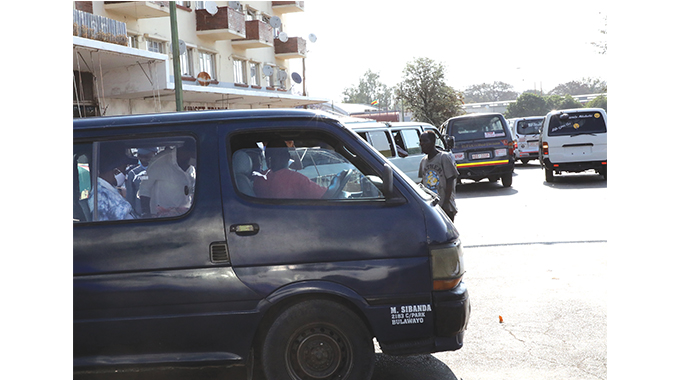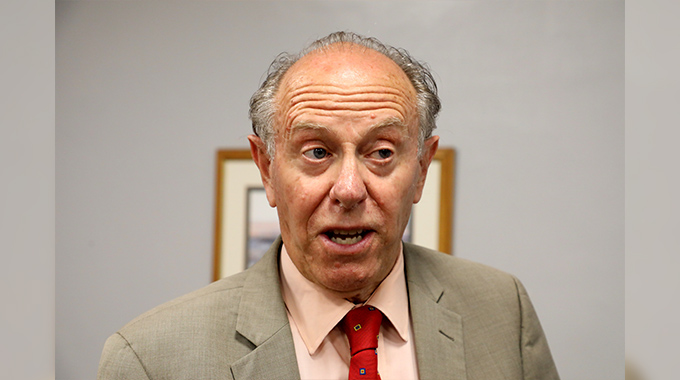COMMENT: Kombi owners must worry over their future

IF there is one sector of the economy that was hit hard by the Covid-19 pandemic, it’s the public transport sector.
Almost the entire public transport sector in the country is in the hands of private operators, mainly minibuses commonly known as kombis. Since the commencement of the national Covid-19-induced lockdown in March, most kombis were grounded to a halt.
Drivers, conductors and rank marshals have been jobless until recently when Government started to open up the economy. It is our hope that kombi owners took this time to reflect on the future of their business.
There are a lot of challenges that are bedevilling kombis, which include poor customer care, disregard of designated bus stops, overloading, roadworthiness and lack of permits.
While the rise of the Government owned Zupco has also been affected by the Covid-19 pandemic, it is only a matter of time before the bus operator takes over the majority of the business. In the past, Zupco was more convenient, reliable and safe.
It would be foolhardy for kombi owners to celebrate being back on the road without worrying for their future. As we reported yesterday, Government has given commuter omnibuses the nod to start operating but they have to register with relevant authorities and also strictly comply with Covid-19 health guidelines. The kombis among other public transporters excluding pirate taxis, can approach the Ministry of Transport and Infrastructure Development for licences to start operating.
Kombis had been banned from operating since the start of the national lockdown at the end of March except for those operating under Zupco. Addressing journalists during a post Cabinet media briefing on Tuesday, Defence and War Veterans Minister Oppah Muchinguri-Kashiri, who is also the chairperson of the Ad Hoc Inter-Ministerial Taskforce on the Covid19 said once kombis regularise their operations they will be allowed to start operating.
She said Cabinet took the decision after considering that Covid-19 cases were relatively declining in the country.
“Originally, every private operator who wanted to operate had to register with Zupco but we realise that Zupco also has some challenges. There are now new players in the economy hence the need to open up the transport sector, especially the inter-city transport,” she said.
“Those that are legal including kombis, will be required to register with the Ministry of Transport and Infrastructure Development and comply with the rules and regulations.”
The world over, public transport is much organised and reliant on buses, train buses and trains.
Kombi operators must be planning for the future. If they do not invest in more contemporary modes of transport, someone will. Corporate investors or Government. There is need for kombi operators to pool their resources together and work closely with both the Ministry of Transport and Infrastructure Development and local authorities.
At least transport operators in Bulawayo formed two companies to work in line with the Bulawayo City Council (BCC) public transport policy. The two companies — Tshova Mbaiwa Public Limited and Bulawayo Public Transporters Association (Bupta) Public Limited — are a good start for mapping the future of the public transport sector.
Kombis are just too many, disorderly and uncomfortable. They do not represent the future. While we applaud Government for allowing kombis back on the road again — albeit under strict conditions — the debate on their utility must go on.
Operators can either be left behind or lead the debate.











Comments